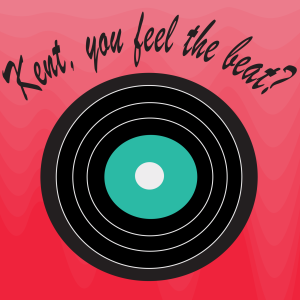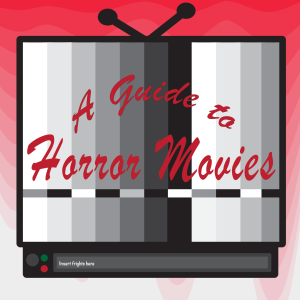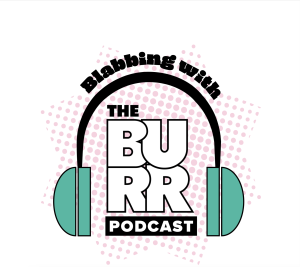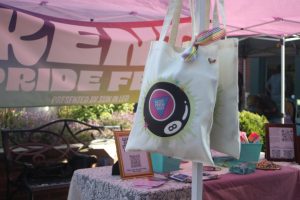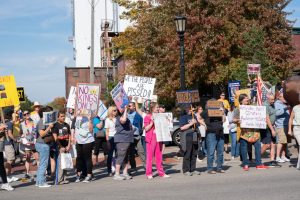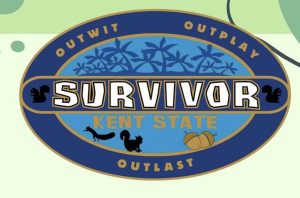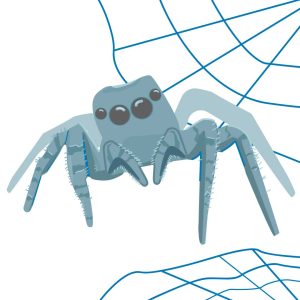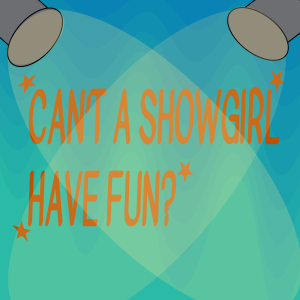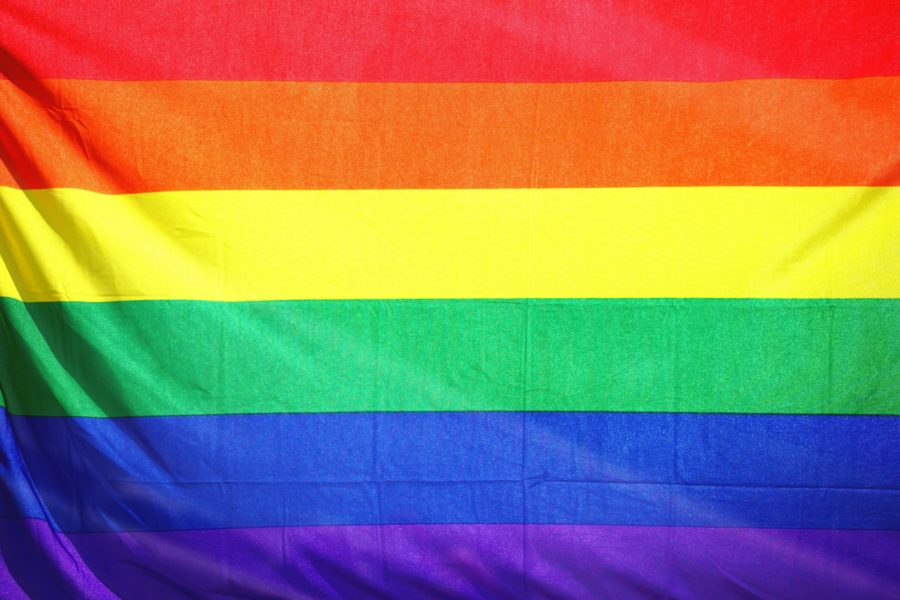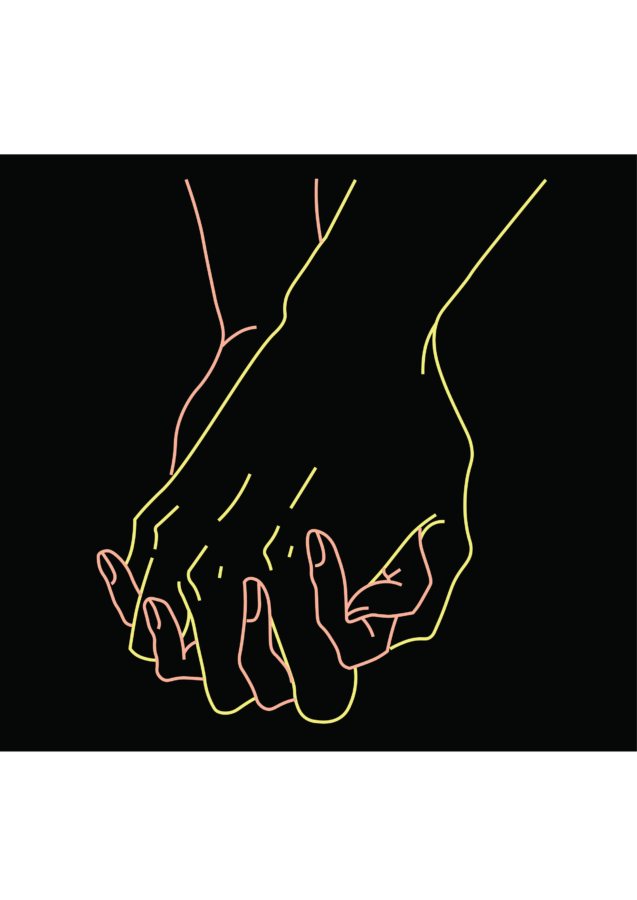Illustration by Jocelyn Burton
Featured image by Sharon McCutcheon from Pexels
This will be my 22nd year of life on this planet, and in the time I’ve had so far, I’ve found myself in a near-constant state of confusion. As most adolescents do in times of growth or change, I’ve distanced myself from family and friends to figure things out about who I am, what I stand for, etc. I know now that I find comfort in the umbrella term “queer” to allow a particular connection to myself and the LGBTQ+ community. The word “queer” has been regarded as derogatory for quite some time. Still, in more recent usage, many LGBTQ+ communities reclaimed it as an umbrella term for being on the spectrum of non-normative (or not completely straight) sexualities.
The UC Davis, LGBTQ Resource Center, explains this term in fuller detail: “One definition of queer is abnormal or strange. Historically, queer has been used as an epithet/slur against people whose gender, gender expression, and/or sexuality do not conform to dominant expectations. For some, this reclamation is a celebration of not fitting into social norms. Not all people who identify as LGBTQ+ use ‘queer’ to describe themselves. The term is often considered hateful when used by those who do not identify as LGBTQ.”

Being queer isn’t something I exactly wanted or expected from my life. Based on my experiences with the LGBTQ community, most of us agree that we wouldn’t “choose” this path, one that is arguably harder socially and developmentally to cope with than heteronormative sexualities and cisgender expressions. Growing up, I always looked at the LGBTQ community with fascination. Still, I never realized that the reason might have been because I would come to identify with and root myself in the shared experiences and ideas that I observed within that colorful, mysterious realm of the LGBTQ spectrum.
I’ve lived the majority of my young life in my hometown. My upbringing, which was rooted in religion, consisted much of strict socializing in a religious context. My escape from my home life and school stress became nightly hangouts at our coffeehouse where all my friends from the church’s youth group congregated. Being a young person in a small town means there are always lots of eyes on you. Everyone knows you and your family, their expectations, your family’s financial status, religious affiliation, etc. Even as I return home to visit these days, I recognize almost every person I pass driving through town in some way or another. Now that I’ve begun to accept myself as I am, I notice more frequent stares, lingering whispers, and at times, the ignoring of my existence altogether.
My queerness began as something I thought didn’t apply to me. I was taught in my church experiences to “hate the sin, not the sinner.” As time went on, I realized that I was that sin they talked about. Even though I’m not entirely accepted as I am when I go home, I find myself conflicted over choosing the community I’ve grown comfortably stagnant in or moving on to find my place in the world. There’s a peculiarly guilty cloud that hangs over my head about leaving that place, those people, those ideals. No matter how far away I find myself, I am curiously drawn to the nostalgia of my tumultuous but beautifully fossilized childhood there.
The funny thing about not wanting or realizing that I was gay is that there were obvious signs. One such instance when I retroactively realized my repressed queerness was when I recognized that some of my beloved literary icons were part of the queer community or at least part of LGBTQ pop-culture. I was always enthralled with literature. Some of my favorite authors, including Virginia Woolf, Oscar Wilde, and Walt Whitman, turned out to be related to queer pop-culture and theory. I idolized these authors’ lives and their stories but found that it was not only because of their excellent word-weaving skills but also because I found myself in them.
Another retroactive realization occurred when I thought of all the people in my circles that I looked up to as a kid. Most, if not all of them, were struggling with the same identity issues that I was. We collectively and silently suffered through navigating a society that expected a studious silence from girls, reinforced the tropes of “boys will be boys” and made any of us in-between-ers feel as though we didn’t exist. This overt binary was especially apparent when I decided to join my friends in going to the homecoming dances. The choice of wearing a dress or being comfortable wasn’t a choice at all. Today, I know that I could have chosen comfort in my identity. Now, I would never choose those itchy stockings, hurting heels, unnatural-looking makeup, and the pretenses and awkwardness I felt that came with that radically gendered clothing.
So much of growing up gay still gets under my skin. Possibly because I can’t bring myself to make peace with feeling how I’ve felt my whole life, or maybe I can’t reconcile it because it’s not time for me to do so. There are unlimited experiences to speak about, and we all have stories to tell, I’m sure. Whether it’s relating to where you’re from or other possible cultural factors and influences, we can identify those common threads of being an LGBTQ person in our years of maturation. I feel a lack of connection with the community in general because of these confusing and stressful times we are having. For now, if any of you out there wants to join in conversation with me, I invite you to reach out. Until next time, remember that growing up gay, or growing up at all, isn’t something that ends. In a way, we never stop growing up, and that’s a fantastic opportunity we have, isn’t it?

